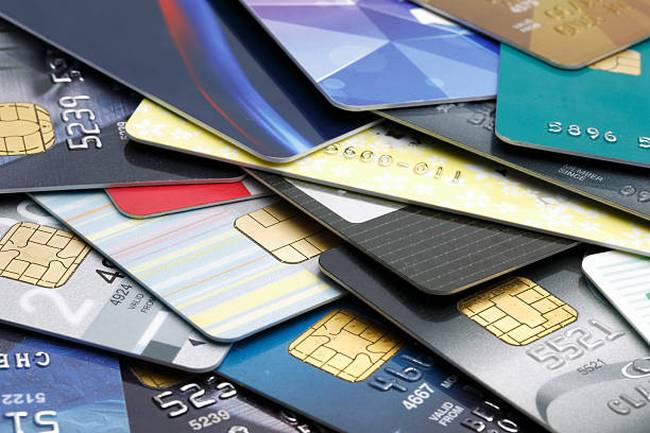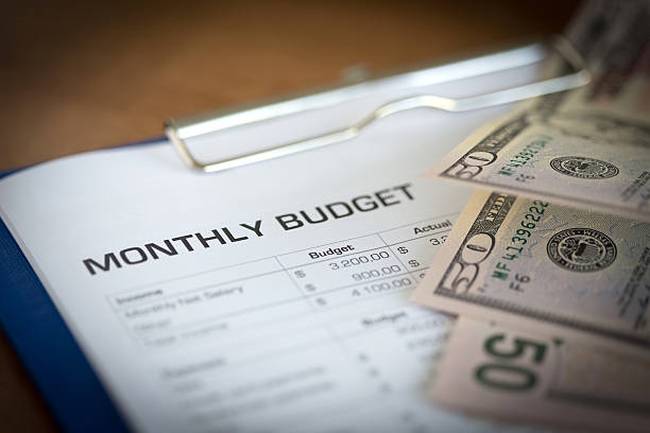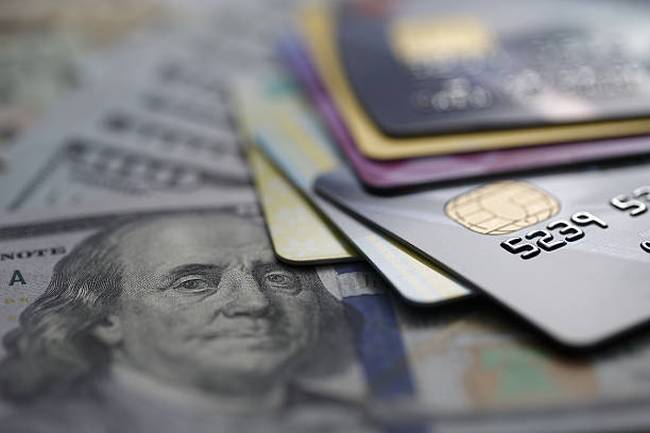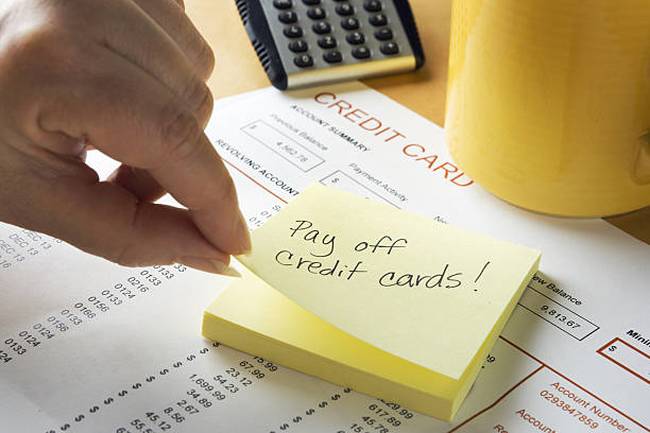As a nation, we are entirely dependent on our credit cards. The average person owes more than $2,000, and the figure continues to rise, despite improving employment prospects. Everything goes on our cards: our morning coffees, our trips to the cinema and even our car insurance.

However, is all this debt healthy? Probably not. The problem is that credit cards tempt us to bring our consumption forward to the present. They tease us with low-interest rates and then get us to buy things that will not make us better off in the long term. The interest payments keep mounting, and we end up getting ourselves into financial trouble.
Matt Schulz, an industry analyst, says that 2017 is shaping up to be a bumper year for credit card companies. They are making more money than ever before, thanks to massive interest payments by customers.
There is a dark side to credit cards, however. Even with the best intentions, some people can wind up getting themselves into a debt cycle that is difficult to get out of. Here are some easy ways to save money and pay down your credit card debt.

Plan Your Expenses In Advance
Many expenses cannot be planned for, especially things that involve your health or emergency repairs to your car. However, the vast majority of purchases, like food, clothes, appliances and fuel can all be budgeted for well in advance. Take a look at all the purchases that you will need to make over the next year or so and ask yourself whether you are able to afford all of them on your current income. If you can, check to see how much money you will have left over at the end of the year to pay off your credit card.
Schulz says that there is no point just burying your head in the sand. Even taking small steps to improve your financial situation can make a vast difference and help you repay your debts.

Use a Balance Transfer Card
Balance transfer deals are the best credit card deals out there at the moment. Essentially, these deals allow you to transfer any balance that you owe to one credit card provider to another, interest-free. This means that you do not have to pay any interest on outstanding balances for a set period, putting more money in your pocket.
If you start investigating balance transfer deals, make sure that you read the small print carefully. Check how long the balance transfer lasts and how much the interest rate will rise to after the introductory period.

Pay Small Chunks Every Month
When it comes to paying off debt, people forget how much of an effect small repayments can have over the long term. Paying off $50, a month might not sound like a lot, but added up over the course of a couple of years, and it is more than a thousand dollars.
Of course, there will be some months when unexpected expenses mean that more money is going out than is coming in. As such, you should plan to pay off more the following month to keep your debts from rising again.


